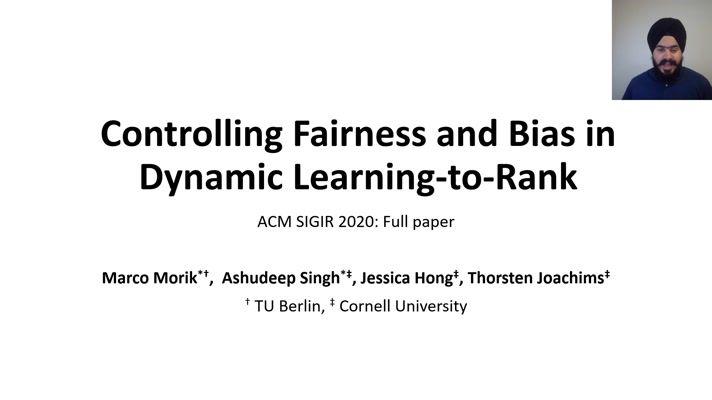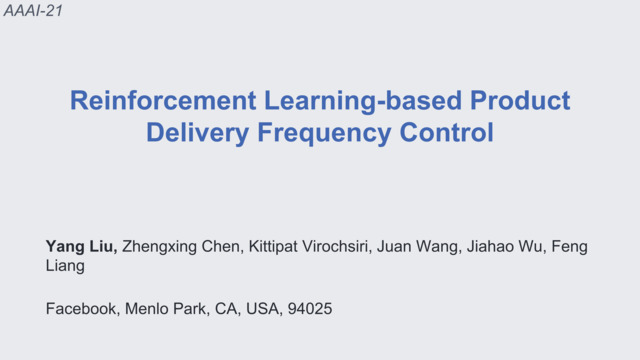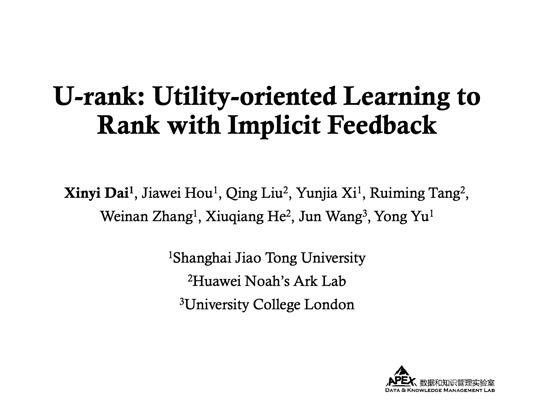Abstract:
Promotions and discounts have become key components of modern e-commerce platforms. For online travel platforms (OTPs), popular promotions include room upgrades, free meals and transportation services. By offering these promotions, customers can get more value for their money, while both the OTP and its travel partners may grow their loyal customer base. However, the promotions usually incur a cost that, if uncontrolled, can become unsustainable. Consequently, for a promotion to be viable, its associated costs must be balanced by incremental revenue within set financial constraints. Personalized treatment assignment can be used to satisfy such constraints. This paper introduces a novel uplift modeling technique, relying on the Knapsack Problem formulation, that dynamically optimizes the incremental treatment’s outcome subject to the required Return on Investment (ROI) constraints. The technique leverages Retrospective Estimation, a modeling approach that relies solely on data from positive outcome examples. The method also addresses training data bias, long term effects, and seasonality challenges via online-dynamic calibration. This approach was tested via offline experiments and online randomized controlled trials at Booking.com - a leading OTP with millions of customers worldwide, resulting in a significant increase in the target outcome while staying within the required financial constraints and outperforming other approaches.









































